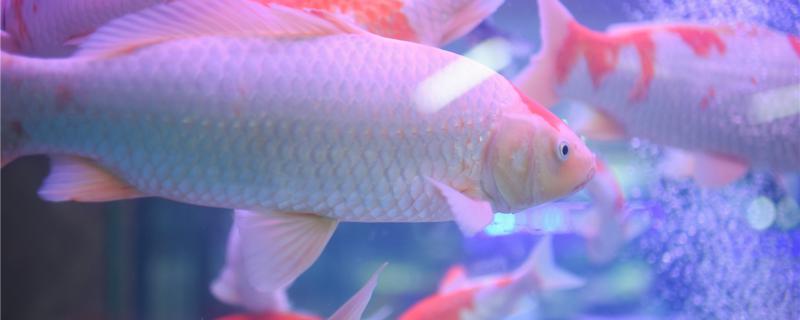
? Koi is a cold-water fish with strong adaptability to water temperature and environment. In winter, they can survive as long as the water does not freeze. But Koi are more afraid of the sudden drop in water temperature, once the temperature difference is too large, they will have a stress reaction or get sick. If the water temperature is too high, they will also suffer from discomfort and even die.
does Koi like? Koi's favorite water temperature is 22-26 degrees. When the water temperature is within this range, their physical development and appetite are better. Below this temperature, their feeding rate and metabolism will be reduced, so in winter, the feeding of Koi can be reduced, preferably by one third per meal. If the water temperature is below five degrees, the koi will move slowly and lose their appetite, in which case they should stop feeding. If the water temperature is too high, the koi will have a high temperature stress reaction, resulting in loss of appetite and accelerated metabolism, which will lead to physical decline over time. When changing water, attention should also be paid to the fact that the temperature difference should not be too large, preferably not more than 3 degrees, otherwise they will have stress reactions and decreased resistance, thus increasing the risk of disease.